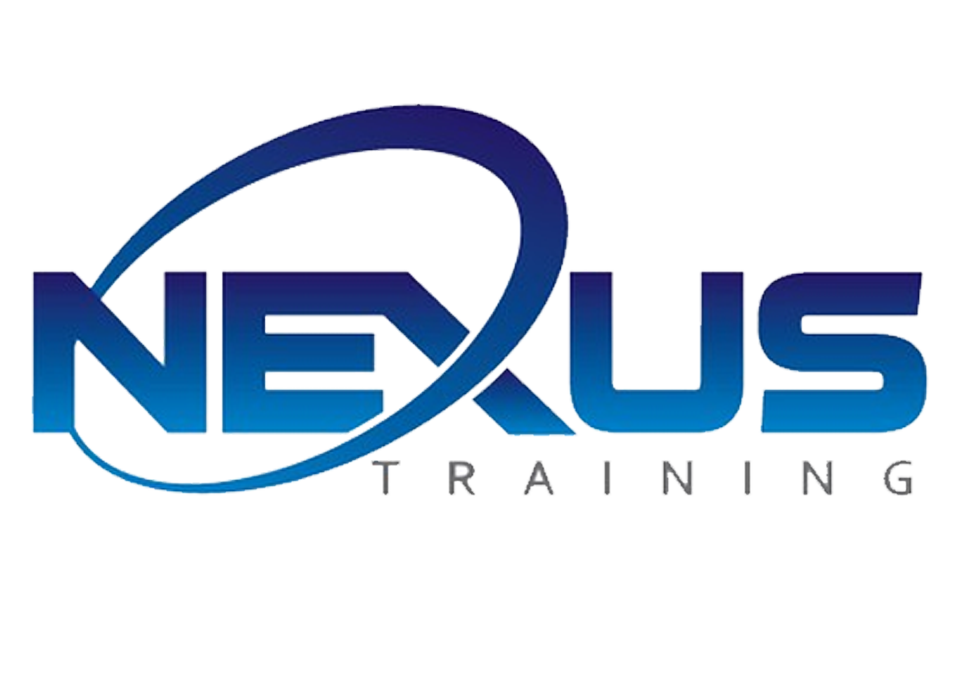- Call us: +1 (469) 756-6329 | +91 7004 215 841
- Email: info@devopsconsulting.in
Nexus Training
ABOUT
At DevOps Consulting, our Nexus Training program is designed to empower IT professionals with the expertise needed to effectively manage and deploy software artifacts using Sonatype Nexus. As a leading repository manager, Nexus plays a crucial role in managing dependencies and ensuring the integrity of software components throughout the development lifecycle. Our training covers essential topics such as installation, configuration, and management of Nexus repositories, as well as advanced features like repository grouping and security controls. Participants will gain practical knowledge on how to streamline artifact management, enhance build processes, and improve collaboration within development teams. Whether you're new to Nexus or looking to deepen your understanding, our hands-on training will provide the skills and insights necessary to leverage Nexus effectively in your DevOps practices.

We provide job oriented training in the area of Software Configuration management, Build and Release Engineering and DevOps domain . Candidates with engineering or software background and looking to either start or change their career to Build and Release Engineering, would benefit most from this training. This course offered online around the globe which include India, USA, Europe, Australia, Bangalore, Delhi, Pune, Mumbai, Chennai and Hydrabad. Instructor is an expert in Software configuration management, Build and release engineering and DevOps with more than 10 years industry experience in India.
COURSE OBJECTIVES
The Nexus Training course at DevOps Consulting aims to provide participants with a comprehensive understanding of Sonatype Nexus, empowering them to effectively manage software artifacts and optimize their development workflows. By the end of the course, participants will:
- Understand Nexus Fundamentals: Gain a solid foundation in Nexus Repository Manager, including its architecture, components, and core functionalities.
- Install and Configure Nexus: Learn how to install, configure, and maintain Nexus, ensuring a robust setup tailored to organizational needs.
- Manage Repositories: Develop skills to create and manage various types of repositories, including hosted, proxy, and virtual repositories, for efficient artifact management.
- Implement Security Measures: Learn best practices for securing Nexus, including user management, access control, and integration with authentication systems.
- Optimize Artifact Management: Explore advanced features of Nexus for optimizing artifact storage, retrieval, and deployment processes.
- Integrate with CI/CD Pipelines: Understand how to integrate Nexus with Continuous Integration and Continuous Deployment (CI/CD) pipelines to streamline development and delivery processes.
- Troubleshoot and Maintain: Acquire practical skills to troubleshoot common issues and perform regular maintenance tasks to ensure Nexus operates smoothly.
PRE-REQUISITES
To ensure a successful learning experience in our Nexus Training course, participants should meet the following pre-requisites:
- Basic IT Knowledge: A fundamental understanding of IT concepts and terminology is required. Familiarity with software development practices and system administration will be beneficial.
- Experience with Version Control Systems: Prior experience with version control systems such as Git or SVN will help participants understand repository management and artifact handling better.
- Basic Understanding of Build Tools: Knowledge of build tools like Maven, Gradle, or Ant is advantageous, as these are commonly integrated with Nexus for managing build artifacts.
- Familiarity with CI/CD Concepts: A basic understanding of Continuous Integration and Continuous Deployment (CI/CD) principles will aid in grasping how Nexus fits into modern DevOps pipelines.
- System Administration Skills: Basic skills in system administration, including experience with operating systems (preferably Windows or Linux), will help with the installation and configuration aspects of Nexus.
FEATURES
Our Nexus Training course offers a range of features designed to provide a comprehensive and practical learning experience for IT professionals:
- Hands-On Labs: Participants engage in practical, hands-on labs that simulate real-world scenarios, allowing them to apply their knowledge in a controlled environment and gain practical experience with Nexus.
- Expert Instructors: Learn from experienced instructors who bring extensive knowledge of Nexus and its applications, offering insights and best practices from their professional experiences.
- Comprehensive Curriculum: The course covers all critical aspects of Nexus, from installation and configuration to advanced repository management and integration with CI/CD pipelines.
- Interactive Learning: Benefit from interactive sessions that encourage participant engagement, including Q&A opportunities, group discussions, and problem-solving exercises.
- Real-World Use Cases: Explore real-world use cases and examples that illustrate how Nexus can be effectively utilized to address common challenges in artifact management and DevOps workflows.
- Certification Preparation: Prepare for relevant Nexus certifications with course content aligned to certification objectives, helping participants achieve industry-recognized credentials.
- Support Materials: Access to supplementary materials, including course notes, reference guides, and additional resources to reinforce learning and support ongoing professional development.
AGENDA
The basic course program is outlined here:
- Introducing Sonatype Nexus
- Component Lifecycle Management and Repository Management
- Installing and Running Nexus
- Configuring Maven to Use Nexus
- Using the Nexus User Interface
- Configuring Nexus
- Nexus Smart Proxy
- Nexus LDAP Integration
- Atlassian Crowd Support
- Nexus Procurement Suite
- Improved Releases with Nexus Staging
- Repository Health Check
- Repository Health Check
- Managing Maven Settings
- OSGi Bundle Repositories
- P2 Repositories
- .NET Package Repositories
- Deploying Sites to Nexus
- Nexus Best Practises/th>
- Nexus Plugins
- Migrating to Nexus
- Configuring Nexus for SSL
- Evaluating Nexus Step by Step



|
|---|
